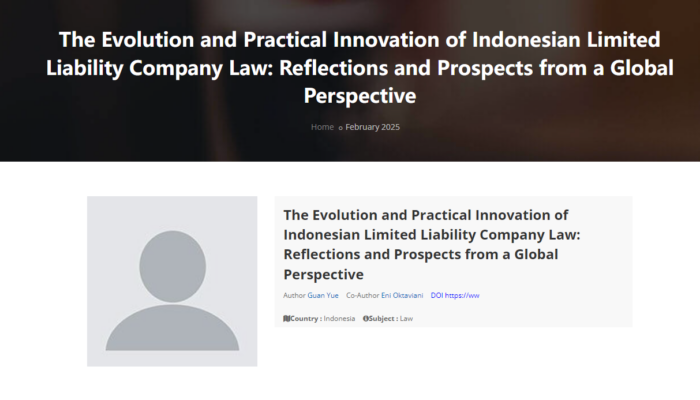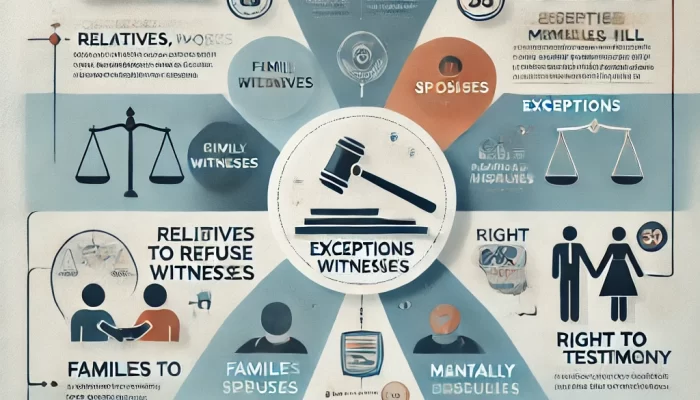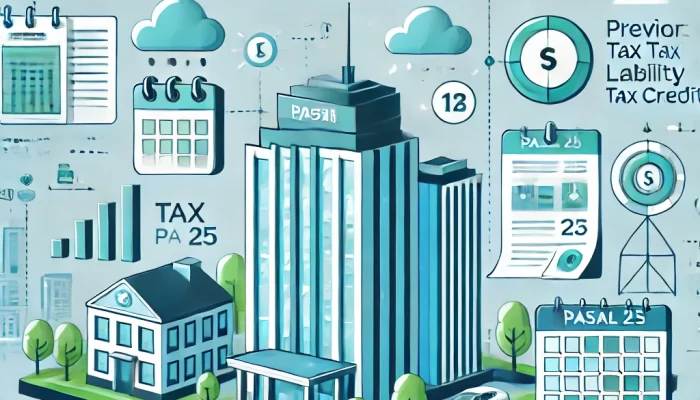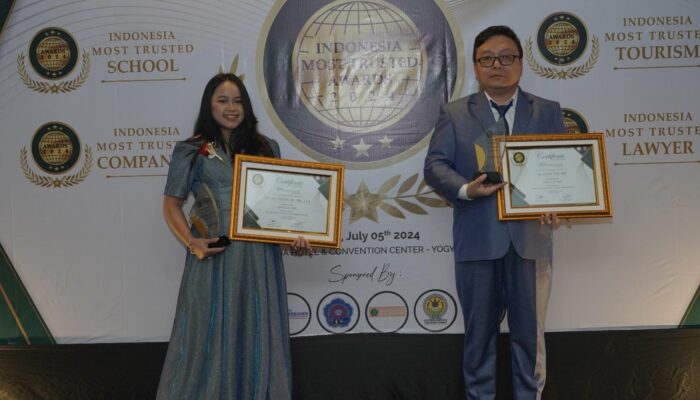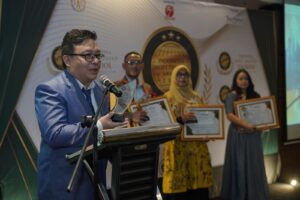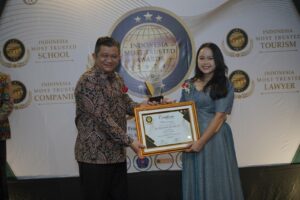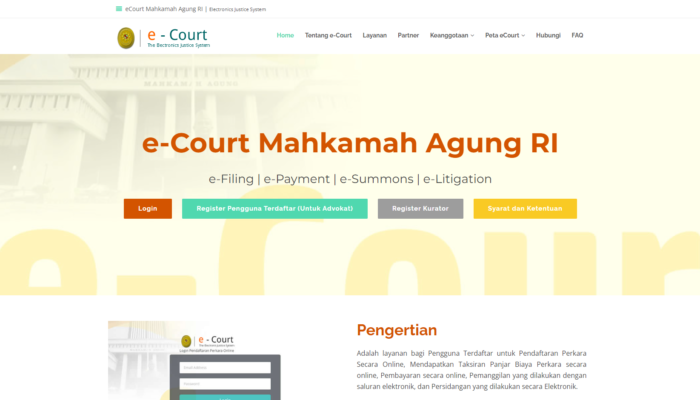On 15 January 2026, Haidilao officially launched its new project in Indonesia — its first halal hotpot restaurant, “SIZZLING HOTSPOT.” The project has been systematically developed and prepared over approximately six months, from early-stage planning through to its official opening and commencement of operations. This launch represents a significant milestone in Haidilao’s Indonesia market strategy, highlighting the brand’s commitment to localization, as well as its consistent emphasis on regulatory compliance and halal standards.
As the world’s largest Muslim-majority country, Indonesia maintains a structured regulatory framework and relatively high compliance standards in the food and beverage sector, particularly in relation to halal requirements, licensing, and operational governance. The opening of SIZZLING HOTSPOT reflects not only Haidilao’s active response to local consumer demand, but also the company’s disciplined approach to cross-border operations, where compliance and governance are treated as core foundations for sustainable business growth. Throughout the six-month preparation period, the project advanced in a structured manner to ensure a stable and scalable operational model.
During the project development, QUEEN LAW FIRM served as Haidilao’s legal counsel team for this project and maintained close coordination with relevant stakeholders to support the orderly progress of the project through to its successful launch and transition into operational stage.
Following the opening, QUEEN LAW FIRM formally delivered the relevant licenses and permits to the store manager, completing the required handover procedures. This delivery represents an important compliance milestone and signifies that the restaurant has entered a more structured operational phase. Operating licenses and permits serve as a critical legal basis for commercial activities and support stable, compliant, and sustainable operations.

The launch of SIZZLING HOTSPOT is widely viewed as a key step in Haidilao’s continued expansion in Indonesia. As consumer expectations continue to rise across brand experience, service quality, and food safety, Haidilao remains committed to integrating product innovation, service enhancement, and localized operational strategies. The successful opening of this project — built through six months of preparation — also provides valuable practical experience and a replicable foundation for future expansion, particularly within Indonesia’s halal dining segment.
SIZZLING HOTSPOT has now entered its operational stage. Haidilao will continue to advance the development plans for this project, further refining its operational framework, strengthening its store network, and expanding brand presence across Indonesia. With this restaurant as a starting point, Haidilao will continue to deepen its long-term strategic footprint and drive the project’s sustained growth and scalability.

Looking ahead, QUEEN LAW FIRM will continue to serve as Haidilao’s legal counsel for this project, supporting its ongoing development and contributing to stable long-term operations and expansion. QUEEN LAW FIRM will continue to uphold high professional standards and a prudent approach, working alongside the client to support the project’s sustainable development within Indonesia.
The opening of SIZZLING HOTSPOT represents not only Haidilao’s latest achievement in international expansion, but also an important example of a Chinese restaurant brand entering and developing within the halal market in Southeast Asia. As the project continues to mature, Haidilao is expected to further strengthen its influence in Indonesia and create new momentum for broader growth in the region.



